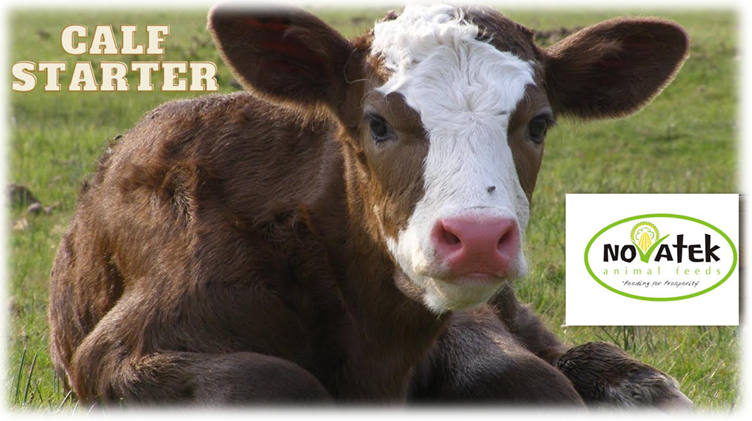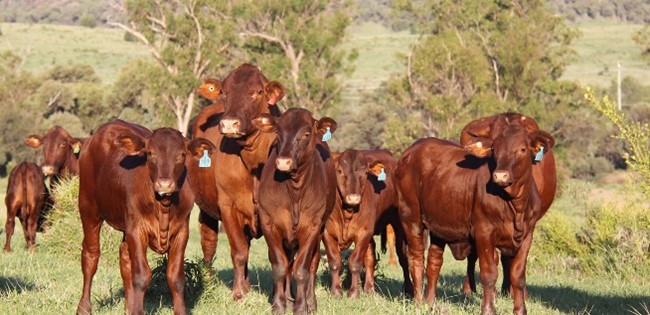Raising healthy and productive calves is crucial for the long-term success of the dairy industry. The target of all good dairies should be to minimize mortality, and providing calves with enough good-quality colostrum as quickly as possible after birth is a step to achieving this.
Colostrum
Calves are born with an immature immune system which makes them prone to diseases. Therefore, colostrum (the first milk produced after calving) must be fed to the calf not later than three hours after birth. It contains antibodies called immunoglobulins for passing on immunity from the cow to the calf in order for it to fight off infectious diseases. It also contains high fat content to provide energy to the calf, therefore it is imperative that adequate good quality colostrum is fed to the calf. A newborn calf’s small intestine is permeable and able to absorb the immunoglobulins contained in the colostrum within the first few hours of life.

Rumen development
At birth, the calf’s digestive system is underdeveloped. From birth to about two weeks of age, the calf is monogastric. The abomasum is the only functional part of the stomach, but as the calf begins feeding on dry feeds, distinctly grains (starter diets) containing readily fermentable carbohydrates, the rumen takes on an important role.
Developing the rumen of newborn calves is one of the most important and interesting areas of calf nutrition. Starter intake is key for rumen development. In order for calves to handle the transition from a liquid diet to a solid one consisting of grains and forages, there is a need for proper development of the rumen. Rumen development is important for efficient feed intake and growth. In order for adequate rumen development to occur a calf needs to consume at least 250g of grain (or calf starter diet) per day for 21 to 28 days to grow a suitable level of rumen papillae and develop a population of rumen microbes. Rumen papillae aid in nutrient absorption, thereby promoting growth.
A calf starter diet should never be dry, dusty, or mouldy. A good quality starter diet will be palatable, smell and taste appealing to the calf and must always be fresh and readily available to encourage intake. It should be highly digestible, containing adequate levels of high-quality protein, energy, vitamins, and minerals. Starter diets must provide sufficient energy to support growth and sufficient protein to be used for that growth. Always ensure that adequate water is provided to the calf in order to encourage feeding.
Novatek Animal Feeds has a calf starter diet called Novatek Calf Starter 18%, and this can be introduced to the calf three days after birth. Novatek Calf Starter 18% has a balanced energy to protein ratio that is specially formulated to promote growth in the young calf. Left-over calf starter must be replaced with new and clean feed daily. Ensure to monitor feed intake closely and adjust intake accordingly as the consumption starts to increase.
For more information on how to feed your cattle, visit Novatek’s website www.novatekfeeds.com, or contact Robert Kanyembo on (+26)-978-779-017 or by sending an e-mail to salesmanager@novatek.co.zm.









